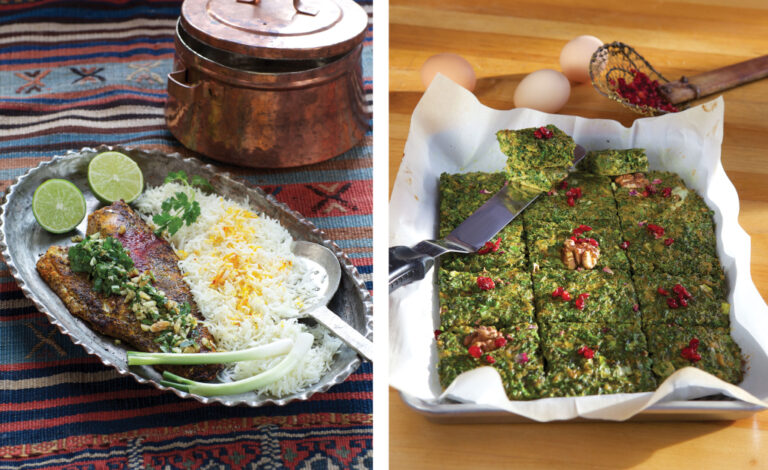Introduction: Iranian cuisine overview
Iranian cuisine is known for its rich and unique flavors, which are a result of the country’s diverse cultural heritage and geographic location. It is a fusion of Arab, Turkish, Central Asian, and South Asian cuisines, with an emphasis on grains, fruits, spices, and herbs. Iranian dishes are typically prepared using a variety of ingredients, such as lamb, chicken, beef, fish, vegetables, rice, and bread. Iranian cuisine is also famous for its use of saffron, pomegranate, and pistachios.
Dietary restrictions in Iranian cuisine
Iranian cuisine has several dietary restrictions, which are primarily influenced by Islamic dietary laws. These restrictions are based on the concept of halal, which refers to foods that are permissible for Muslims to eat according to Islamic law. Pork and alcohol are strictly forbidden in Iranian cuisine, and Muslim Iranians only consume meat that has been slaughtered according to Islamic dietary laws. Additionally, the consumption of blood and certain animal by-products, such as gelatin, is also prohibited.
Halal and non-halal foods in Iranian cuisine
In Iranian cuisine, halal foods are those that are permissible for Muslims to eat. Halal meats are prepared by slaughtering the animal in a specific way and draining all the blood from the animal’s body. Non-halal foods, such as pork and alcohol, are strictly forbidden in Iranian cuisine. Muslims in Iran also avoid consuming foods that contain animal by-products, such as gelatin, which is derived from animal bones.
Vegetarian and vegan options in Iranian cuisine
Iranian cuisine offers several vegetarian and vegan options, which are primarily based on vegetables, grains, and legumes. Some of the most popular vegetarian dishes in Iranian cuisine include ash-e reshteh, a thick soup made with beans, lentils, and noodles, and kuku sabzi, an herb frittata. Vegan options in Iranian cuisine include borani bademjan, a dish made with grilled eggplant, garlic, and yogurt, and fesenjan, a walnut and pomegranate stew.
Allergies and intolerances in Iranian cuisine
Iranian cuisine uses several ingredients that may cause allergies or intolerances in some people. For instance, nuts and sesame seeds are commonly used in Iranian cuisine, which may trigger allergic reactions in some individuals. Additionally, Iranian cuisine makes liberal use of spices, such as cinnamon, cardamom, and cumin, which may cause digestive issues in some people.
Conclusion: Enjoying Iranian cuisine with dietary restrictions
Despite the dietary restrictions in Iranian cuisine, it is still possible to enjoy the rich flavors and diverse dishes. Vegetarian and vegan options are available, and some restaurants cater to specific dietary needs. Additionally, it is important to communicate any allergies or intolerances to the server or chef to ensure that your meal is prepared appropriately. By being mindful of your dietary restrictions, you can still enjoy the delicious and unique cuisine that Iran has to offer.

